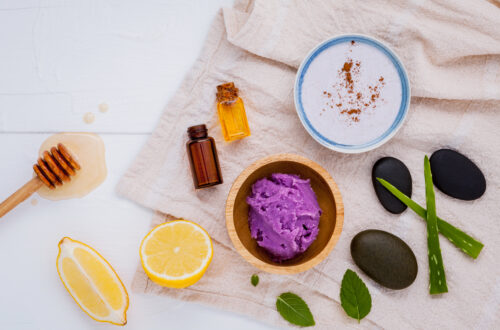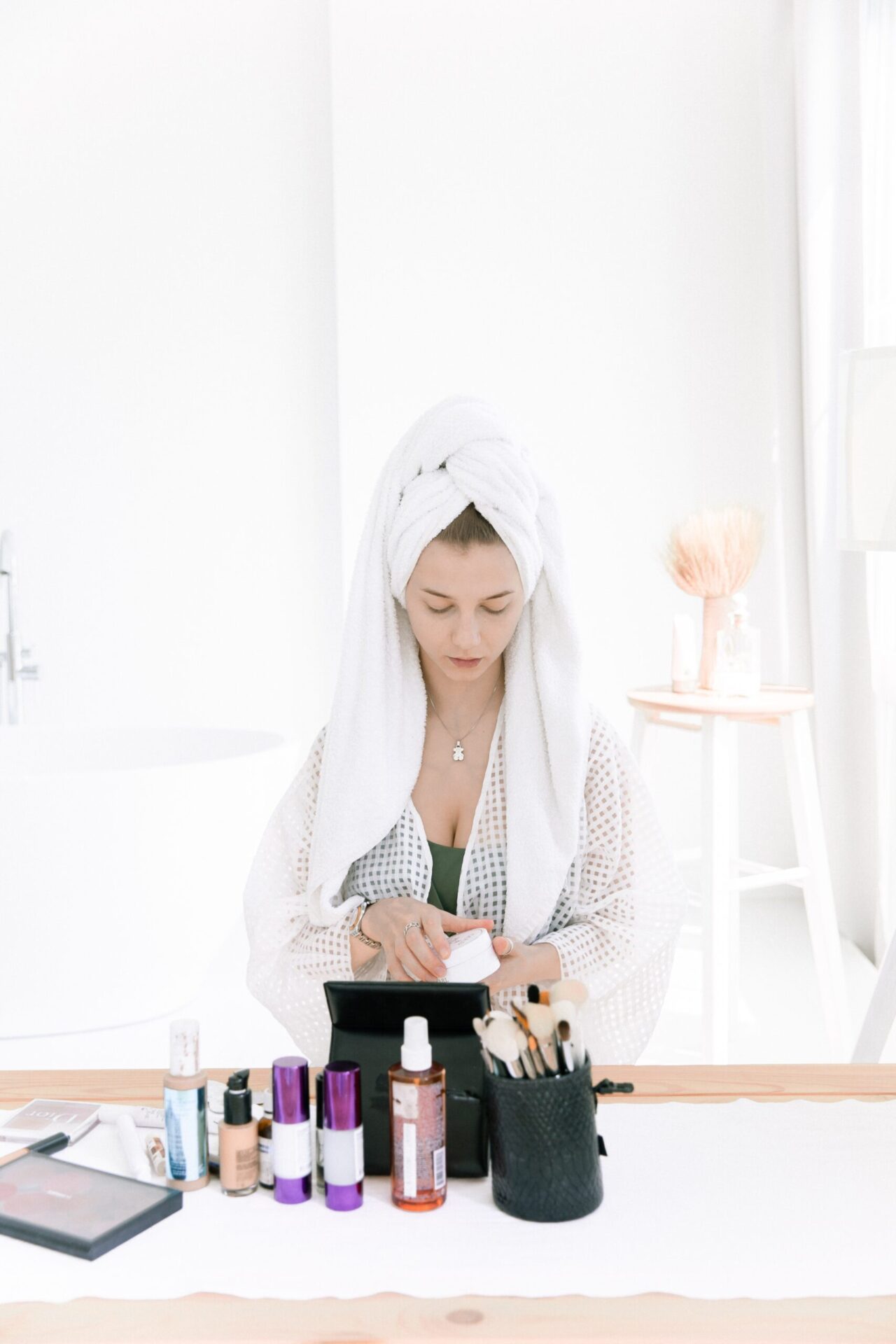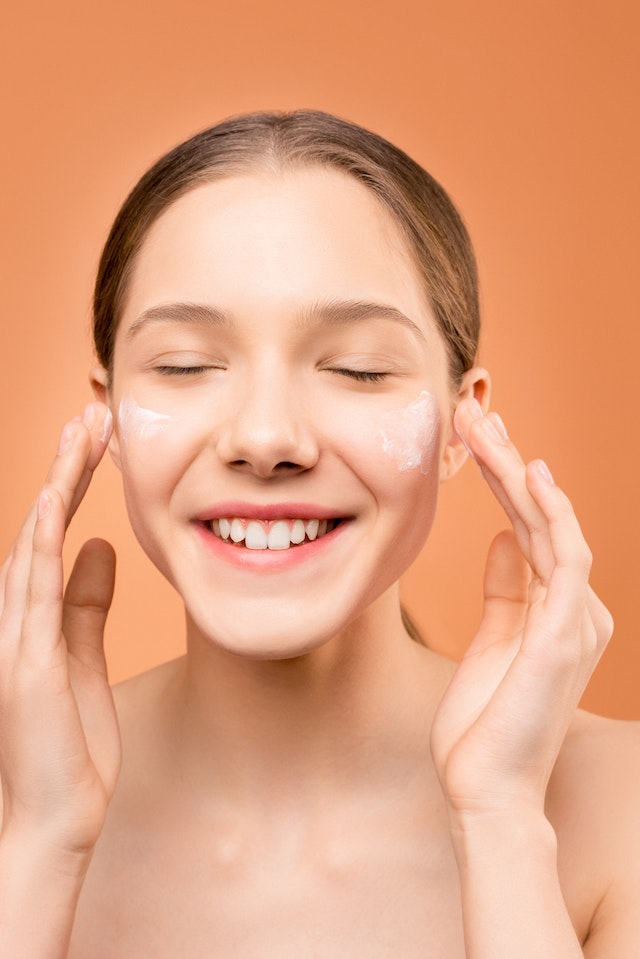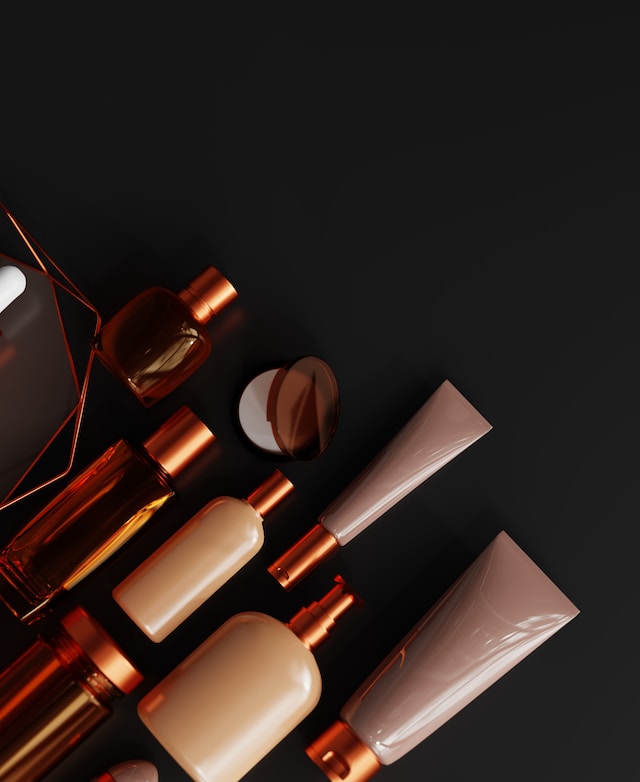
Understanding AHA vs. BHA: Key Differences You Need To Know
In the vast landscape of skincare, exfoliation plays a crucial role in maintaining healthy, radiant skin. Alpha hydroxy acids (AHAs) and beta hydroxy acids (BHAs) are two popular categories of exfoliants that have revolutionized the way we approach skincare.
In this article, we will delve into the world of AHA and BHA, exploring their definitions, benefits, and key differences.
We will also guide you in choosing the right exfoliant for your skin type and address common misconceptions surrounding these ingredients. Get ready to unlock the secrets behind these remarkable skincare ingredients!
Importance of Exfoliation in Skincare:
Before diving into the specifics of AHA and BHA, let’s understand why exfoliation is essential for healthy skin. Our skin naturally sheds dead skin cells, but sometimes this process becomes sluggish, leading to a dull complexion and clogged pores.
Regular exfoliation helps to unclog pores, prevent acne breakouts, and improve skin texture. It also enhances the absorption of other skincare products, allowing them to work more effectively.
Introduction to AHA and BHA:
AHA and BHA are chemical exfoliants commonly found in skincare products. They work by dissolving the bonds between dead skin cells, facilitating their removal. Both AHAs and BHAs offer unique benefits and are suitable for different skin types and concerns.
What is AHA?
Alpha Hydroxy Acids (AHAs) are water-soluble acids derived from various sources, including fruits, milk, and sugar cane. They are known for their exfoliating properties and ability to promote cell turnover.
Some of the common types of AHAs include glycolic acid, derived from sugar cane, and lactic acid, derived from milk. These AHAs effectively exfoliate the skin, improve skin tone and texture, and help reduce the appearance of fine lines and wrinkles.
What is BHA?
Beta Hydroxy Acid (BHA), specifically salicylic acid, is an oil-soluble acid that penetrates deeper into the pores. This makes it particularly effective for oily and acne-prone skin.
BHA exfoliates the skin from within the pores, reducing blackheads, whiteheads, and congestion. It also has anti-inflammatory properties, making it beneficial for calming irritated skin.
Key Differences Between AHA and BHA:
While both AHA and BHA are exfoliants, there are key differences between the two:
a) Exfoliation Depth:
One of the key differences between AHAs and BHAs lies in their exfoliation depth. AHAs primarily work on the surface of the skin, gently sloughing off dead skin cells.
BHAs, on the other hand, penetrate deeper into the pores, making them particularly effective for treating acne and congestion.
b) Oil Solubility:
AHAs are water-soluble, making them ideal for normal to dry skin types. They hydrate the skin while exfoliating, leaving it refreshed and revitalized.
BHAs, being oil-soluble, are suitable for oily and acne-prone skin. They penetrate the oil glands, removing excess sebum and preventing breakouts.
c) Sensitivity and Irritation:
While both AHAs and BHAs can cause sensitivity and irritation if used incorrectly, AHAs are generally considered milder and better tolerated by sensitive skin.
BHAs, with their anti-inflammatory properties, are often recommended for those with acne-prone and sensitive skin.
d) Sun Sensitivity:
AHAs can increase sun sensitivity, making it crucial to wear sunscreen daily.
BHAs, on the other hand, have minimal impact on sun sensitivity, making them a popular choice for those who spend significant time outdoors.
Choosing the Right Exfoliant for Your Skin:
To choose the right exfoliant for your skin, consider the following factors:
a) Determining your skin type and concerns:
When selecting between AHAs and BHAs, consider your skin type and concerns. If you have dry or normal skin and aim to improve overall texture and radiance, AHAs may be the preferred choice.
For oily, acne-prone, or congested skin, BHAs can effectively target breakouts, unclog pores, and reduce inflammation.
b) Understanding which acid works best for specific issues:
If you’re dealing with sun damage, hyperpigmentation, or signs of aging, AHAs like glycolic acid or lactic acid are excellent choices.
For oily, acne-prone skin, consider incorporating BHA, such as salicylic acid, into your routine.
c) Considerations for sensitive skin:
If you have sensitive skin, start with lower concentrations of AHAs or BHAs and gradually increase them as your skin adapts. Also, consider patch-testing it on a small area before applying it to your entire face.
How to Incorporate AHA or BHA into Your Skincare Routine:
When incorporating AHA or BHA into your skincare routine, follow these guidelines:
a) Frequency and application guidelines:
Begin by using the exfoliant once or twice a week, gradually increasing the frequency as tolerated by your skin. Follow the instructions provided with the product and avoid over-exfoliating, which can cause irritation.
b) Patch testing and gradual introduction:
Patch test the product on a small area of your skin to check for any adverse reactions or sensitivity. If no negative reactions occur, gradually introduce it into your routine.
c) Combining with other skincare products:
Avoid using AHAs or BHAs in conjunction with other exfoliating products, such as physical scrubs or other acids, as it can lead to excessive exfoliation and skin irritation.
Potential Side Effects and Precautions:
While AHAs and BHAs offer numerous benefits, it’s essential to be aware of potential side effects and take the necessary precautions:
a) Sensitivity and irritation:
Some individuals may experience redness, stinging, or mild irritation when using AHAs or BHAs, especially if they have sensitive skin. If irritation occurs, reduce the frequency of use or discontinue the product.
b) Sun sensitivity and importance of sunscreen:
Both AHAs and BHAs can increase skin sensitivity to the sun. Therefore, it’s crucial to apply a broad-spectrum sunscreen with a high SPF to protect your skin from harmful UV rays.
c) Professional advice for complex skin conditions:
If you have complex skin conditions or concerns, such as severe acne or rosacea, it’s advisable to consult with a dermatologist or skincare professional before incorporating AHAs or BHAs into your routine.
Myth-Busting: Common Misconceptions about AHA and BHA:
Let’s debunk some common misconceptions surrounding AHAs and BHAs:
a) Addressing misconceptions and debunking myths:
Contrary to popular belief, AHAs and BHAs do not thin the skin permanently or make it more sensitive to environmental factors. They are safe and effective when used correctly and in appropriate concentrations.
b) Clarifying their safety and effectiveness:
AHAs and BHAs have undergone extensive research and testing, proving their efficacy and safety for skincare use. However, it’s crucial to follow instructions, patch test, and listen to your skin’s response.
Final words:
Understanding the differences between AHA and BHA is essential for making informed decisions about incorporating these exfoliants into your skincare routine.
AHAs, with their surface exfoliation properties, and BHAs, known for their deep penetration and pore-clearing abilities, offer unique benefits for various skin types and concerns.
By considering your skin type, concerns, and desired results, you can confidently incorporate these exfoliants into your skincare routine. So, harness the power of AHAs and BHAs to discover the secret to smoother, more radiant skin.
Always start slowly, pay attention to your skin’s needs, and finish with appropriate sun protection. Let the wonders of exfoliation elevate your skincare journey to new heights!


You May Also Like
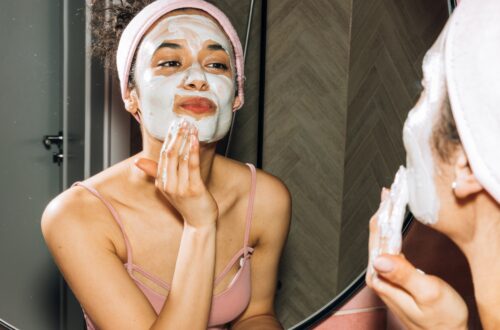
5 Myths About Skincare You Need To Stop Believing
8 July 2024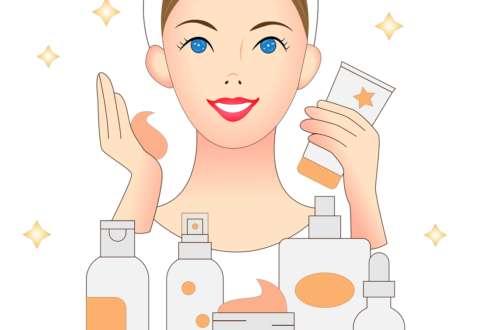
What to Look for in a Moisturizer and Serum: Ingredients That Works
10 August 2023